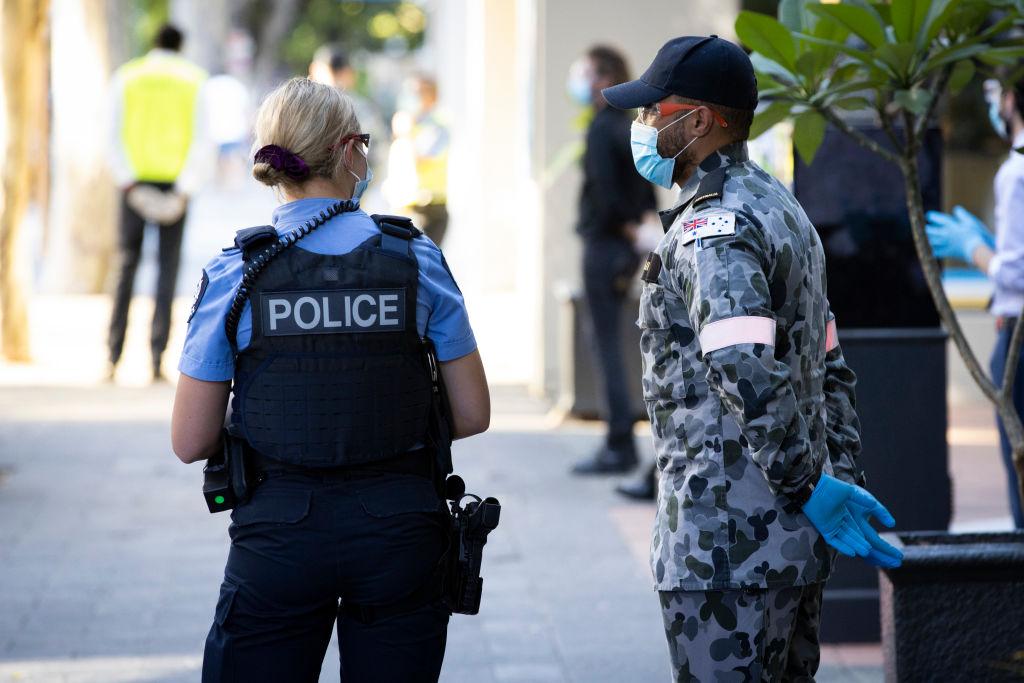Western Australian (WA) Premier Roger Cook believes the Australian Defence Force (ADF) should play a bigger role in any new pandemic in Australia.
The leader suggested the ADF has several facilities that could be used for quarantine, moving people and medical supplies, and securing borders.





